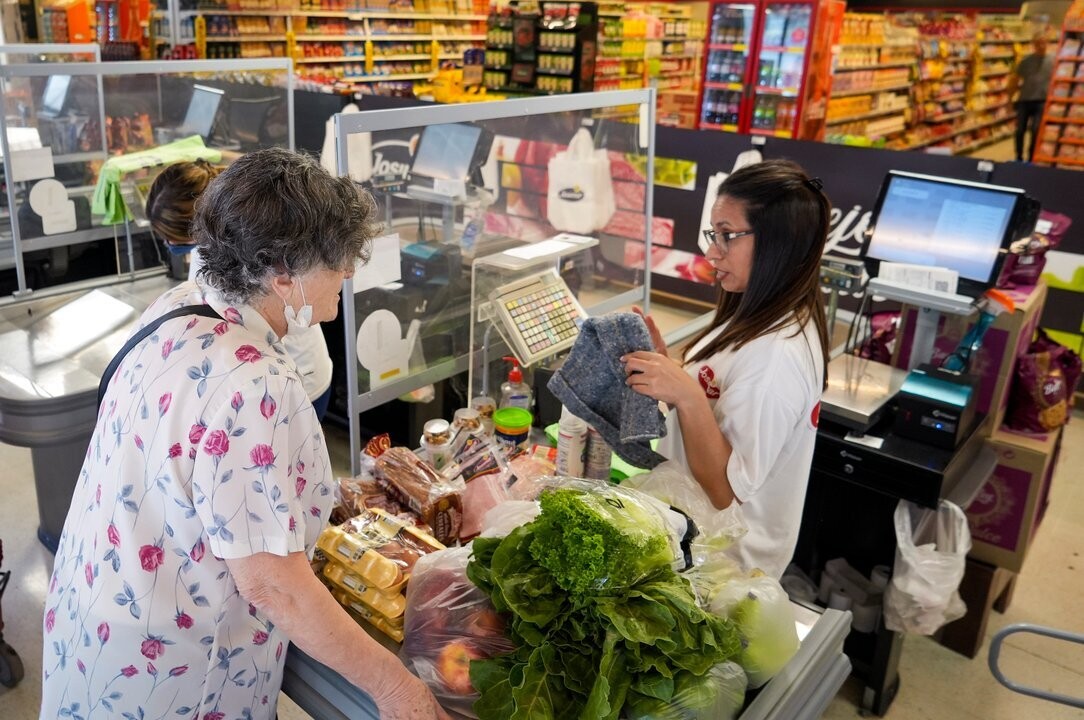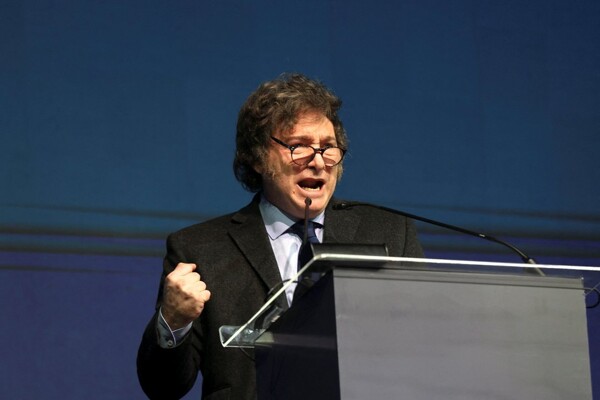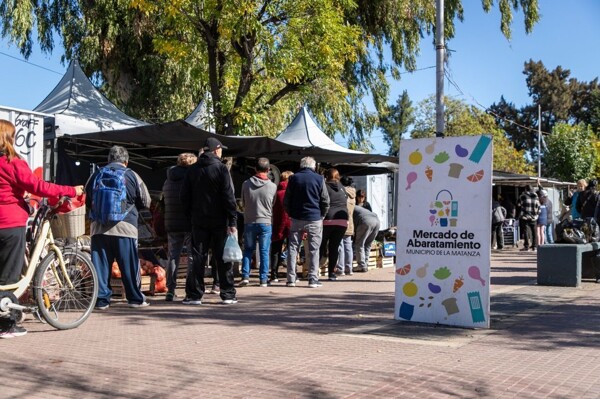
The major supermarket chains decided not to pay their staff the salary increase corresponding to the month of April, agreed upon with the Commerce union. This is due to the fact that the Government has not yet ratified the collective agreement, according to members of the United Supermarkets Association (ASU), supported by other entities in the commercial sector. About 120,000 workers were affected by not receiving the 1.9% increase plus a fixed non-remunerative sum.
The context of this business decision is framed within negotiations driven by the Government to curb price increases following the modification of the exchange rate scheme. An industry leader stated: "The problem lies with the Government, which is asking for impossible things." Even within the business sector, there were criticisms of the official decision, considering that the agreed increase was moderate and sensible.
In a recent meeting between the chains grouped in ASU and the Minister of Economy, Luis Caputo, the latter allegedly reaffirmed that the collective agreement "will not be ratified," which was taken as an endorsement not to implement the salary increase. The agreement, signed between the union and the chambers CAC, CAME, and Udeca, contemplated a staggered increase of 5.4% over three months and three fixed sums to compensate for inflation in the first quarter.
From the union led by Armando Cavalieri, one of the few with direct access to the Casa Rosada, document letters were sent to the signing chambers to demand compliance with the agreement. This included a clause that required companies to pay the increases even without official ratification, something that supermarkets ultimately disregarded. As a result, salaries were paid without the agreed increments.
The conflict generated intensifies tensions between the Government and the CGT, which already led to a general strike in April. Additionally, it puts pressure on Cavalieri, whose dialogist approach with the administration is challenged by this situation.














